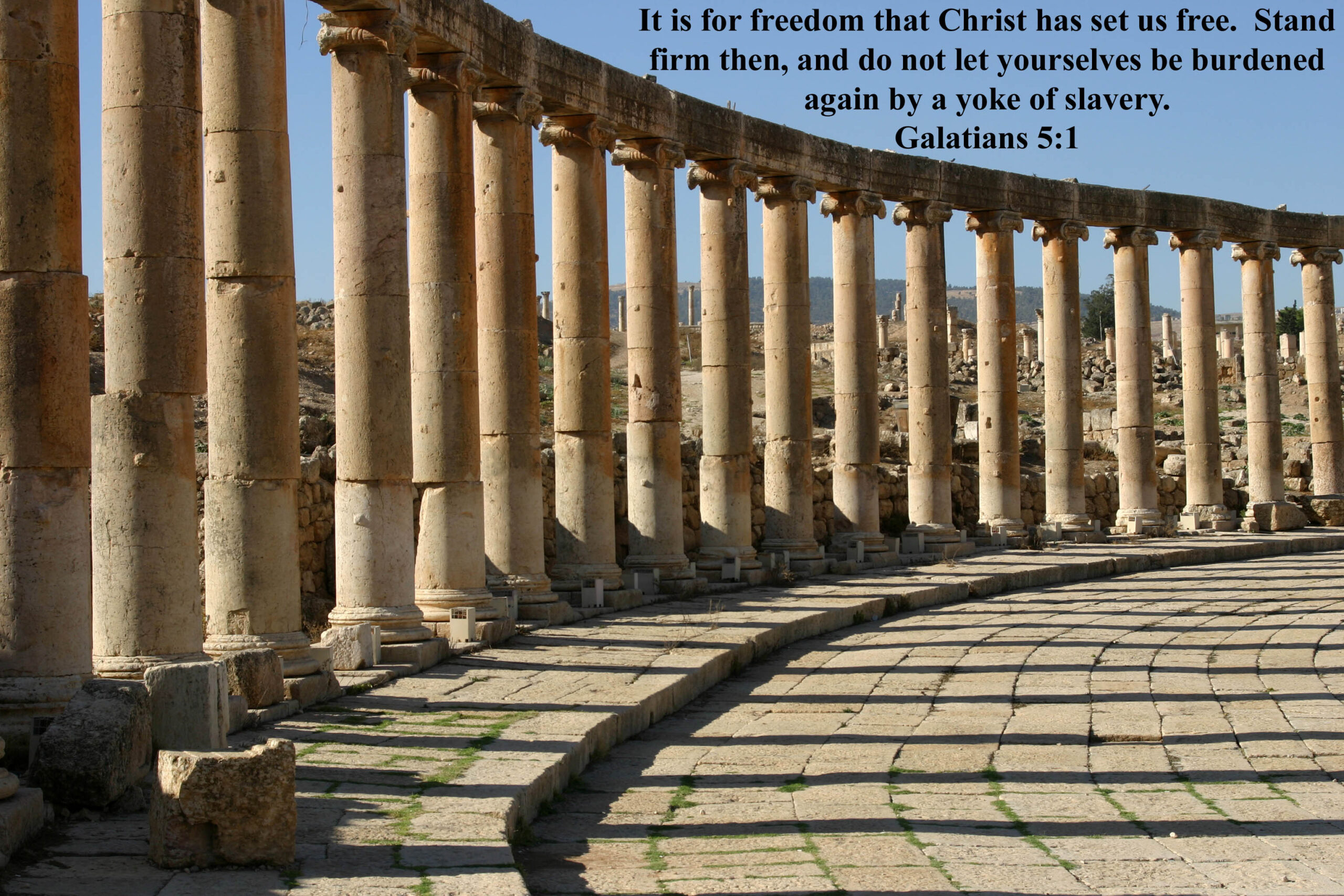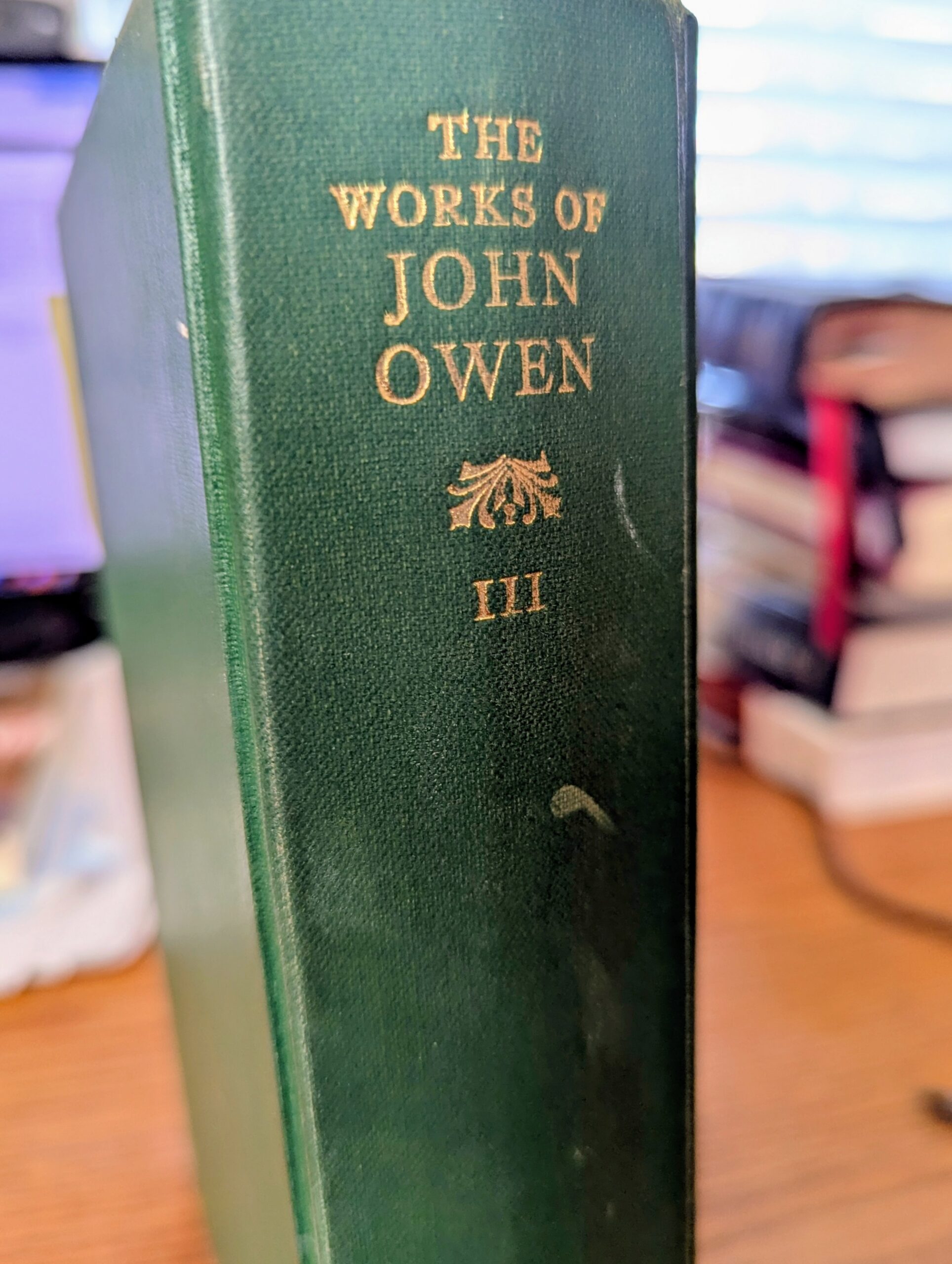Especially among Dispensationalists, the subject of the New covenant creates a bone of contention. Perhaps the majority Dispensationalists hold that the Church has no participatory relationship in the New covenant. Many others believe that the Church does participate in the trickle-down effects of the New covenant, which is still thought to be made with Israel as full parties. Then there are those, myself included, who believe that the Church is made a full party to the New covenant alongside of Israel. Though some variation of these positions exist, these differences are easily seen in the literature.
One thing I want to say at the start is that everyone ought to carefully read Dave Fredrickson’s essay “Which are the New Covenant Passages in the Bible?” in the book Dispensational Understanding of the New Covenant, edited by Mike Stallard. This is a brilliant contribution to the subject.
Starting with Ezekiel 36
Naturally, all interpreters include Jeremiah 31:31-34 in their list of New covenant verses. And the same holds for Ezekiel 36. Ezekiel 36 does not refer to the “New covenant” but it is used by all those who hold that the New covenant is only for Israel. It is brought in as an ally to Jeremiah 31:31-34. However, if one is going to employ Ezekiel 36 in an Israel-only argument for the New covenant you can’t stop there. Let me bring out the contents of the passage for examination:
Therefore say to the house of Israel, ‘Thus says the Lord GOD: “I do not do this for your sake, O house of Israel, but for My holy name’s sake, which you have profaned among the nations wherever you went. And I will sanctify My great name, which has been profaned among the nations, which you have profaned in their midst; and the nations shall know that I am the LORD,” says the Lord GOD, “when I am hallowed in you before their eyes. For I will take you from among the nations, gather you out of all countries, and bring you into your own land. Then I will sprinkle clean water on you, and you shall be clean; I will cleanse you from all your filthiness and from all your idols. I will give you a new heart and put a new spirit within you; I will take the heart of stone out of your flesh and give you a heart of flesh. I will put My Spirit within you and cause you to walk in My statutes, and you will keep My judgments and do them. Then you shall dwell in the land that I gave to your fathers; you shall be My people, and I will be your God. – Ezekiel 36:22-28.
Now, nowhere in the chapter do we read the word “covenant”, but this has not stopped biblical scholars from determining Ezekiel 36 to be about the New covenant.
Firstly, Yahweh declares that what He will do will be done for the sake of His great name. This relates to the unconditional covenants and does away with the idea that those covenants are conditional insofar as their literal fulfillment is concerned.
Yahweh says that (at some future time) He will bring Israel back to its land and will “sanctify them.” This secures the land aspect of the Abrahamic covenant.
Next, the way God is going to sanctify His people is by giving them “a new heart and a new spirit.” After this Israel will obey Him.
The means by which this renewal is to be carried out is by the Holy Spirit, who will be “put…within you.”
Finally, with a mention of Israel in their land again we get the covenant formulary “you shall be My people, and I will be your God.”
Now some will look at the land promise here and say that it is part and parcel of the New covenant. But one needs to step back from that position, because if the land promise is now a New covenant promise then there is no need for the land promise of the Abrahamic covenant. We should keep an eye out for a difference between incorporating the Abrahamic covenant into the New covenant as over-against seeing how the New covenant influences but does not obviate the Abrahamic covenant.
Once we have done this, it becomes clear that the promise of the New covenant in Ezekiel 36 is of spiritual regeneration and redemption through the Holy Spirit. This inner transformation is what enables the saints to abide by God’s word gladly. This aligns with the main covenant promise of Jeremiah 31:32 even though the Spirit is not mentioned there.
Other New Covenant Passages
There are, of course, other covenant passages which bear a close resemblance to Ezekiel 36 and Jeremiah 31.
The Redeemer will come to Zion, [Notice the theme]
And to those who turn from transgression in Jacob,”
Says the LORD.
“As for Me,” says the LORD, “this is My covenant with them: My Spirit who is upon you, and My words which I have put in your mouth, shall not depart from your mouth, nor from the mouth of your descendants, nor from the mouth of your descendants’ descendants,” says the LORD, “from this time and forevermore.” – Isaiah 59:20-21.
Key parts of these verses are quoted by the apostle Paul in Romans 11:26-27. Paul prefaces this quote with “And so all Israel will be saved” in Romans 11:26 in reference to salvation. Both contexts limit the “covenant” to Israel, but the covenant being discussed is a salvation covenant – the New covenant. Something similar can be said for Isaiah 61:
For I, the LORD, love justice;
I hate robbery for burnt offering;
I will direct their work in truth,
And will make with them an everlasting covenant.
Their descendants shall be known among the Gentiles,
And their offspring among the people.
All who see them shall acknowledge them,
That they are the posterity whom the LORD has blessed.” – Isaiah 61:8-9.
I could add in here several more “Israel only” passages (e.g., Hos. 2:14-23; Joel 2:28-32; Deut. 30:6), and they would be the grist for the mill of those who do not think the New covenant is intended for the Gentiles. But none of them is decisive because they sit within contexts where God is addressing Israel as His special people. These are important passages, and I shall return to the first two later. But Yahweh is speaking to Israel in them. He is not speaking to Gentiles.
To take an example: If I were to say to someone, “Congratulations, you have won a new car in our competition,” would that mean I could not tell someone else the same thing later? Of course not. But this seems to be the reasoning of those who restrict the New covenant to Israel. And this is what I claim God does. In fact, He does it prior to Jeremiah 31 and Ezekiel 36! He does it pointedly in two messianic passages (Isa. 42 and 49). What the “Israel-only” folks need is a “this covenant is only for Israel” passage for their view and such a thing does not exist. When Yahweh is addressing Israel, be it about judgment or redemption, it is not to be expected that the language will not turn up in other contexts where Gentiles are involved.
Other Passages to Consider
Let us begin considering some other classic New covenant passages. I’ll start with Isaiah 26:
Yes, in the way of Your judgments,
O LORD, we have waited for You;
The desire of our soul is for Your name
And for the remembrance of You.
With my soul I have desired You in the night,
Yes, by my spirit within me I will seek You early;
For when Your judgments are in the earth,
The inhabitants of the world will learn righteousness. – Isaiah 26:8-9.
The beginning of the chapter addresses Israel (Isa. 26:1). Yet the Gentiles are included in salvation blessings in verse 9! Are we really to believe that the salvation given to the Jews in verse1f. is covenantal and the salvation of the world in verse 9 is not? The prophet is speaking on behalf of Israel in verse 8 and 9, thus tying the salvation of Israel and “the inhabitants of the world” together.
Then we turn to various other passages which scholars have related to the New covenant.
They shall not hurt nor destroy in all My holy mountain,
For the earth shall be full of the knowledge of the LORD
As the waters cover the sea.
And in that day there shall be a Root of Jesse,
Who shall stand as a banner to the people;
For the Gentiles shall seek Him,
And His resting place shall be glorious.
He will set up a banner for the nations,
And will assemble the outcasts of Israel… – Isaiah 11:9, 10, 12a.
The notice in verse 9 that the whole earth (which is surely what is meant) will be full of the knowledge of God. In Ezekiel 36 the way this is to be achieved is through Yahweh placing His Spirit within people, which in turn causes them to obey His word from their renewed heart. A corollary to this is Jeremiah 31:33-34 (cf. Ezek. 16:60-63).





